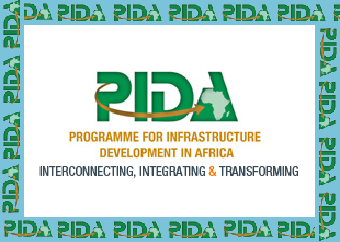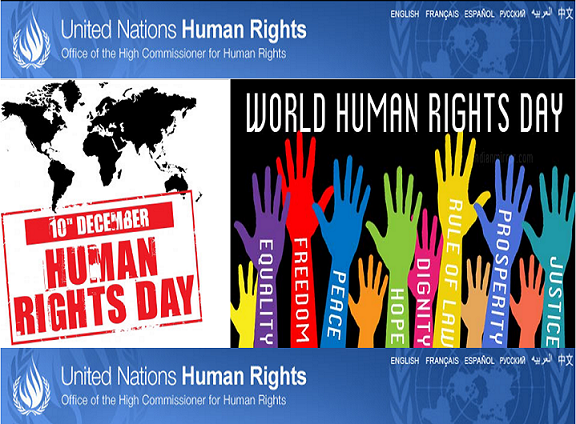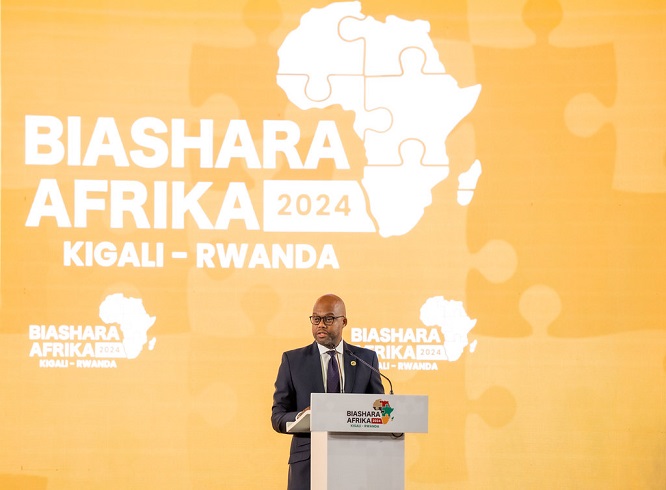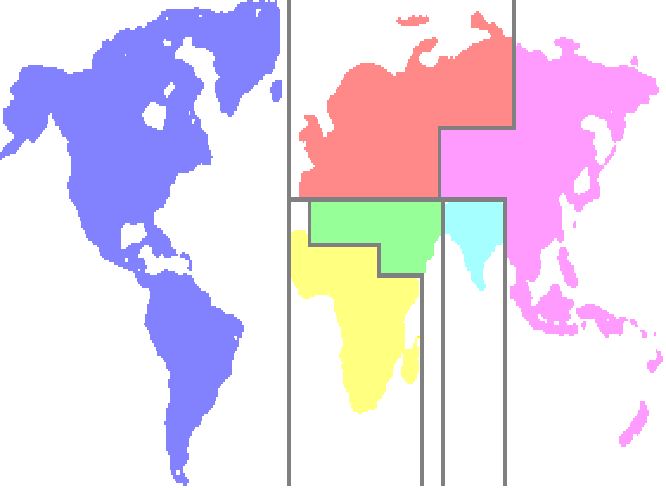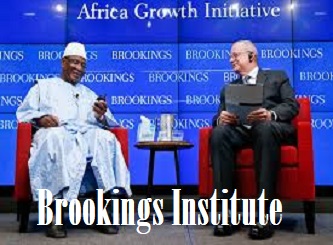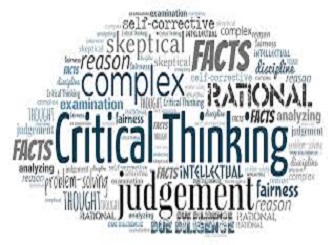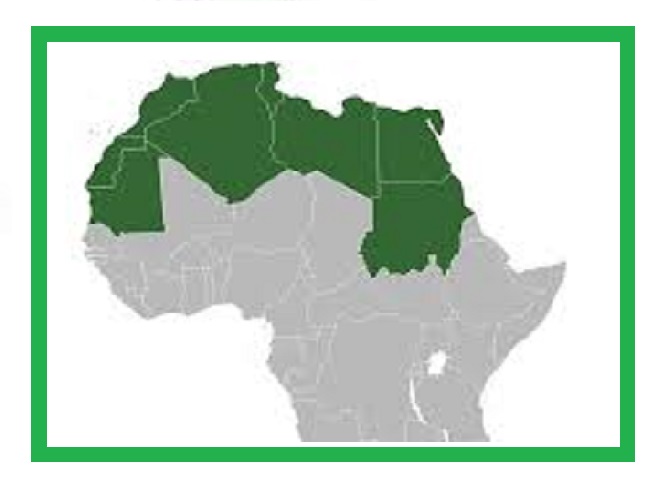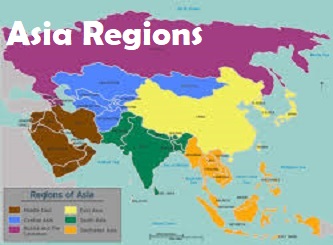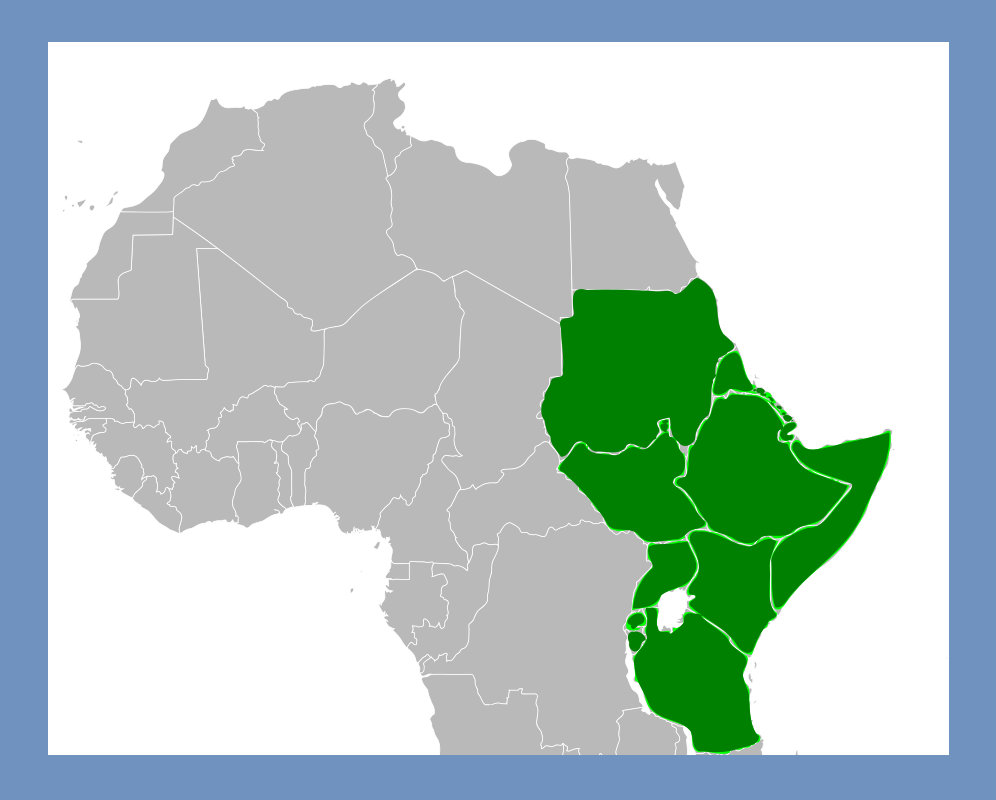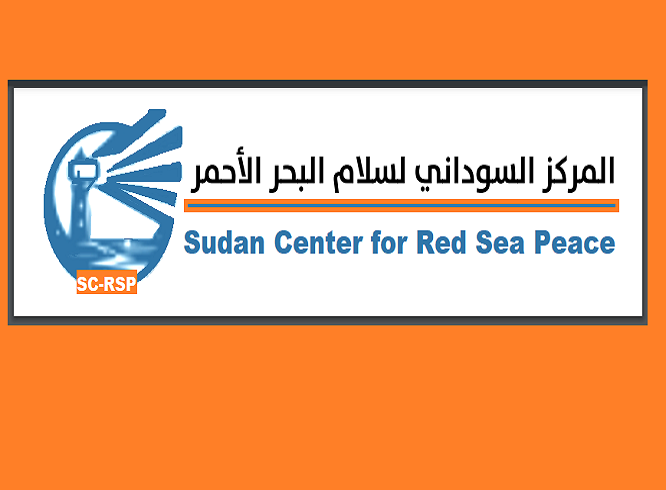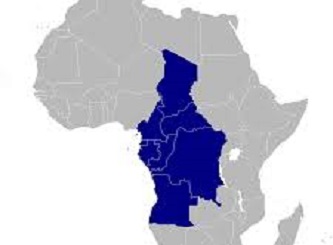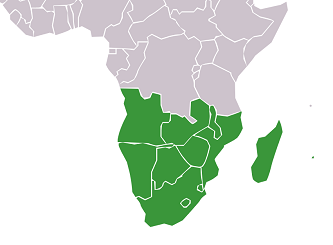Good Day: We are Human Rights Reformers!
I am a strong believer that human rights’ orientation is matching with faith, culture and ethics. For me as a researcher on human rights from Eastern Africa region, I do believe that I have to respect western nations and peoples who are supporting human rights issues in the third world but I will continue criticizing their mistakes in dealing with human rights issues. International organizations and institutes also deserve both support and criticism, specifically on these two points.
Firstly: Needless to say, human unanimity supports human rights’ culture and orientation. The human unanimity could not be against religions, ideologies and local inheritances, it is rather a vital part of all of them. The modern Culture of Human Rights is human heritage and philosophy that represents the real human battle against tyranny and injustice during and after the World WarII.
Here is my point! Putting in mind that the source of the power of human rights culture is the human unanimity, this power is diminishing by manipulating human rights issues by the biggest international powers. Human rights’ power depends on maintaining the unanimity continuously by involving all partners from all nations not ignoring them in order to impose selected versions of the culture on other peoples. We must always support the dialogue based on the issues of Human, Environmental and Peoples Rights, such a dialogue leads to common principles and fruitful cooperation. Moreover, this reformative dialogue and cooperation are the only way to save human rights’ orientation.
Secondly, most (not all) of international legal instruments, treaties, charters and even programs on human rights are highly valued references and literature but not “obligatory texts”; they must be revised and modified because the third world nations and underdeveloped countries were under colonization and tyranny at the time of drafting, a considerable number of developing and underdeveloped countries till now have no free will. This situation invalidates and illegitimates declarations and international instruments. Legitimacy of these legal instruments will come after a big and wide process of adaptation and modifications; the atmosphere of compliance after the World War II makes it very difficult to say the declarations represent complete acceptance of the entire humanity. Considering these legal instruments as human rights academic references and literature does not mean to stop dealing or promoting for them. Within the context of promotion and implementation, they should be revised.
More questions must be posed and answered during the reformative dialogue! How can we differentiate between national and international tyranny? What about the role of national human rights defenders on international tyranny? And what is the role of international human rights defenders on national tyranny? Are both roles balanced or with double speeds? Other controversial matters: human rights priorities and human rights conflict. A lot of issues and details to be put in the context of Human Rights reforms, a lot of studies, reports, records, etc. must be reviewed and revisited.



